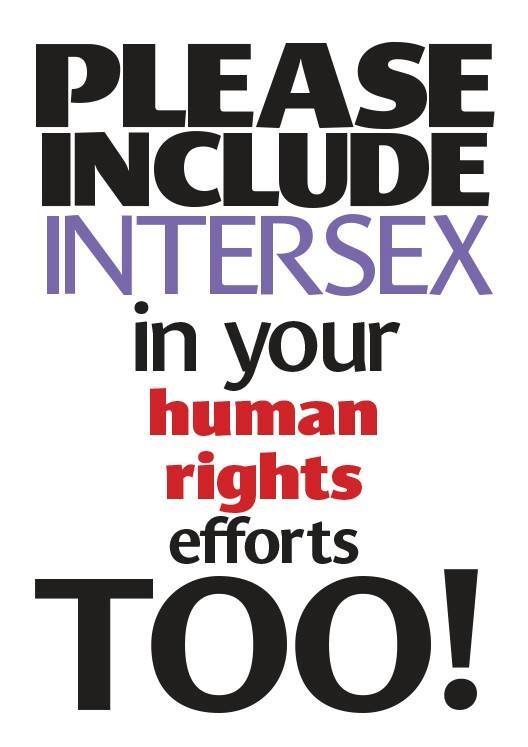
Kathmandu (Pahichan) March 15 – A joint statement representing the two intersex reports has been presented in the 71st Session of Convention on Elimination of all forms of Discrimination against Women (CEDAW) which is currently taking place in Geneva.
On the behalf of Parsu Ram Rai and Esan Regmi, the report was presented by Daniela Truffer in the meeting. Daniela presented the report as Nepali intersex community could not afford travelling to Geneva, Switzerland. The report says, “Intersex people belong to the most marginalized communities in Nepal. They’re marginalised also within the LGBTI community. In the public and in government bodies, the near total lack of awareness of intersex as a natural variation persists, leading to severe stigma and discrimination. Intersex people are generally misrepresented as transgender [chhakka, hijara]. The societal ignorance and stereotypes are compounded by religious prejudice framing intersex as a result of karmic debt caused by sins in a previous life, and as a bad omen.” The report further added that Intersex adolescents are often unable to obtain or change official documents according to their gender identity based on sexual orientation.
“Intersex genital mutilation remains a growing practice in Nepal, with all common forms including partial clitoris amputation [and imposition of hormones] practiced at public and private hospitals, [for example at Kanti Government Children’s Hospital (Kathmandu), Bir Hospital (Kathmandu, National Academy of Medical Sciences), Om hospital (Kathmandu), Dhulikhel hospital (Dhulikhel, Kathmandu University teaching hospital), BP Smriti Hospital (Basundhara) and BP Korala Institute of Health Sciences (Dharan)]. Children are also sent to Indiafor IGM,” the report said.
According to report, Infanticide and child abandonment are frequent [though mostly undocumented]. There are reports of expulsion of adolescents from their families, of forced marriage to avoid conspicuousness [often in combination with previously being submitted to IGM], of massive bullying preventing intersex children from attending school, and generally of severe ostracism, stigmatisation, discrimination and abuse. For intersex children from less affluent families, lack of access to needed health care can be a serious problem. In 2016, Nepal has been recommended by CRC to remedy above serious human rights violations of intersex children [CRC/C/NPL/CO/3-5, paras 38, 41-42]. However, to this day the government fails to act. We therefore would like to urge the Committee to raise above violations in the LOI.
Copyright © All right reserved to pahichan.com Site By: Sobij.